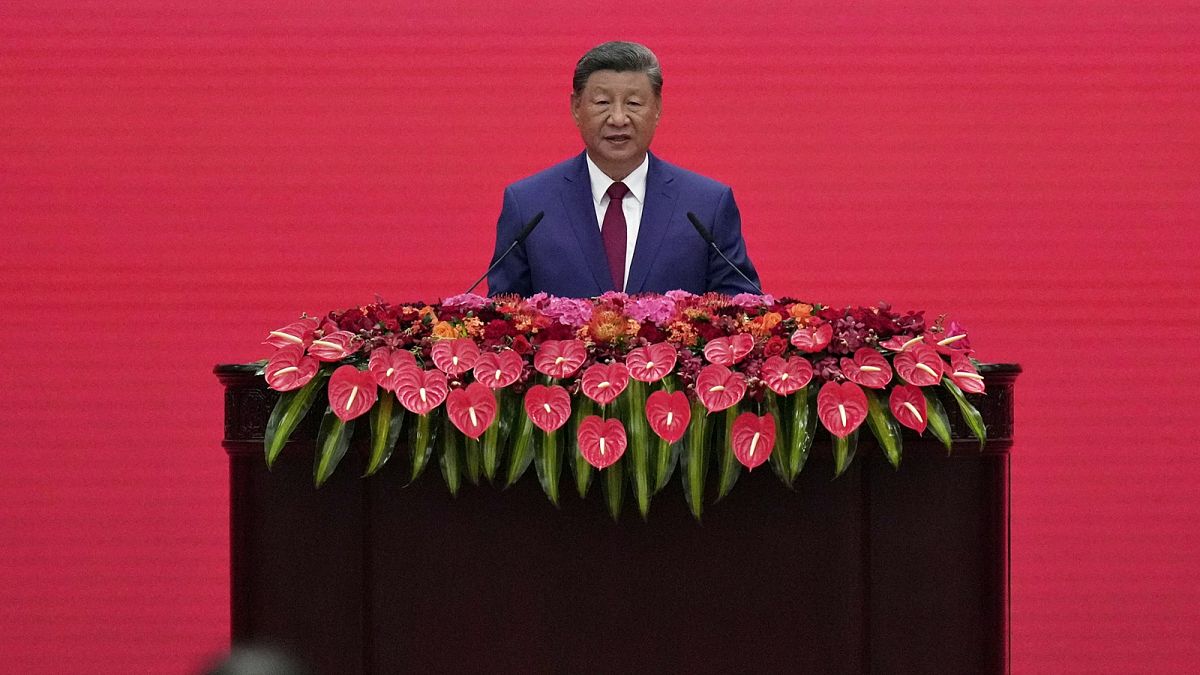EU Rejects Trump’s Call for 100% China Tariffs Amid Ukraine War Strategy
EU Rejects Trump’s Call for 100% China Tariffs Amid Ukraine War Strategy

The European Union has decisively pushed back against former President Donald Trump’s recent demand for European nations to impose punitive 50% to 100% tariffs on China. Trump, whose proposal became official US policy after a social media post this past weekend, argued that such tariffs, coupled with an immediate end to Russian oil purchases, would be crucial in ending the war in Ukraine by weakening China’s influence over Russia.
Despite recent transatlantic coordination efforts to intensify economic pressure on the Kremlin—including high-level meetings last week between US and EU officials, and a G7 finance ministers’ call—Brussels quickly dismissed the call for three-digit tariffs. A European Commission spokesperson affirmed that any new measures would adhere strictly to EU rules and the principle that sanctions do not apply extra-territorially, with diplomats privately expressing strong opposition.
The EU’s refusal stems from at least three core reasons. Firstly, the bloc maintains a clear distinction between tariffs, which are trade tools implemented to address market disturbances and comply with World Trade Organization (WTO) rules, and sanctions, which are foreign policy instruments. Trump’s approach, which conflates the two, is seen as incompatible with EU legal frameworks. Secondly, there is a significant lack of political consensus among the 27 member states for such a radical move against China, one of its largest trading partners. Past attempts, like the proposed tariffs on China-made electric vehicles, revealed deep divisions within the bloc. Finally, the EU is acutely aware of China’s propensity for swift economic retaliation, as demonstrated by previous investigations into EU exports and restrictions on rare earth elements following trade disputes. China’s foreign ministry spokesperson Lin Jian warned on Monday that Beijing would take resolute countermeasures if its legitimate rights were harmed.
Experts like Maria Shagina of the IISS suggest Trump’s maximalist demands may undermine serious efforts to pressure Russia, particularly given his history of inconsistent policy and self-imposed deadlines.
Disclaimer: This content is aggregated from public sources online. Please verify information independently. If you believe your rights have been infringed, contact us for removal.